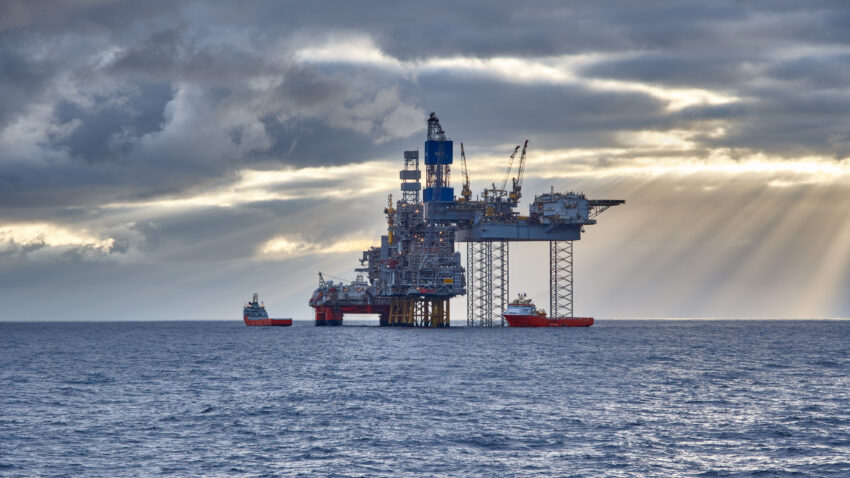Business
Reeves’ tax raid means ‘game over’ for oil and gas in the North Sea

The North Sea is approaching “game-over territory” after Rachel Reeves pressed ahead with a sweeping tax attack on oil and gas companies.
On Monday, the Chancellor followed through on Labor’s election promise to impose tougher taxes on oil companies by increasing the levy on energy profits. Reeves announced that the levy, initially introduced by the Conservatives, will now be extended for a further two years and expire at the end of March 2030, with the nominal rate rising from 75 per cent to 78 per cent.
She also abolished an “unjustifiably generous” allowance that allowed companies to deduct part of their investments in new oil and gas fields from their tax liabilities. This fee will stop on November 1, but investments made before this date will remain unaffected.
A separate deduction for investments in green energy projects remains tax deductible.
The chancellor’s decision was fiercely criticized by oil and gas companies, who called it “reckless, wrong and economically disastrous for the North Sea.”
Russell Borthwick, chief executive of the Aberdeen & Grampian Chamber of Commerce, which represents a significant part of the industry, said: “The new government is pushing the North Sea dangerously close to ‘game over’ territory, putting our energy transition at risk. Instead of seeing the energy sector as a solution to the UK’s public finances, the Chancellor has chosen to tax the sector into oblivion.”
He added: “This decision will result in a £20 billion loss of state revenue, increased reliance on imported oil and gas – which is worse for the planet and the economy – and the potential loss of tens of thousands of jobs.”
Ahead of Labour’s election victory earlier this month, Reeves had estimated that the windfall tax extension would raise a further £10.8 billion in revenue. However, analysts have warned that the move could cause ‘unintended consequences’, accelerating the decline of the North Sea.
An analysis by Wood Mackenzie previously warned that the new tax could prompt oil and gas companies to “freeze investments” until the tax expires, with some companies likely to prematurely end production at older fields, withdraw supporting infrastructure and invest in green technologies such as offshore wind energy and carbon capture and storage.
Graham Kellas of Wood Mackenzie added that while the new tax rate is in line with Norway’s, the abolition of capital allowances and frequent rate changes in Britain have made Britain seem like a “fiscal Wild West”, putting off investors .













